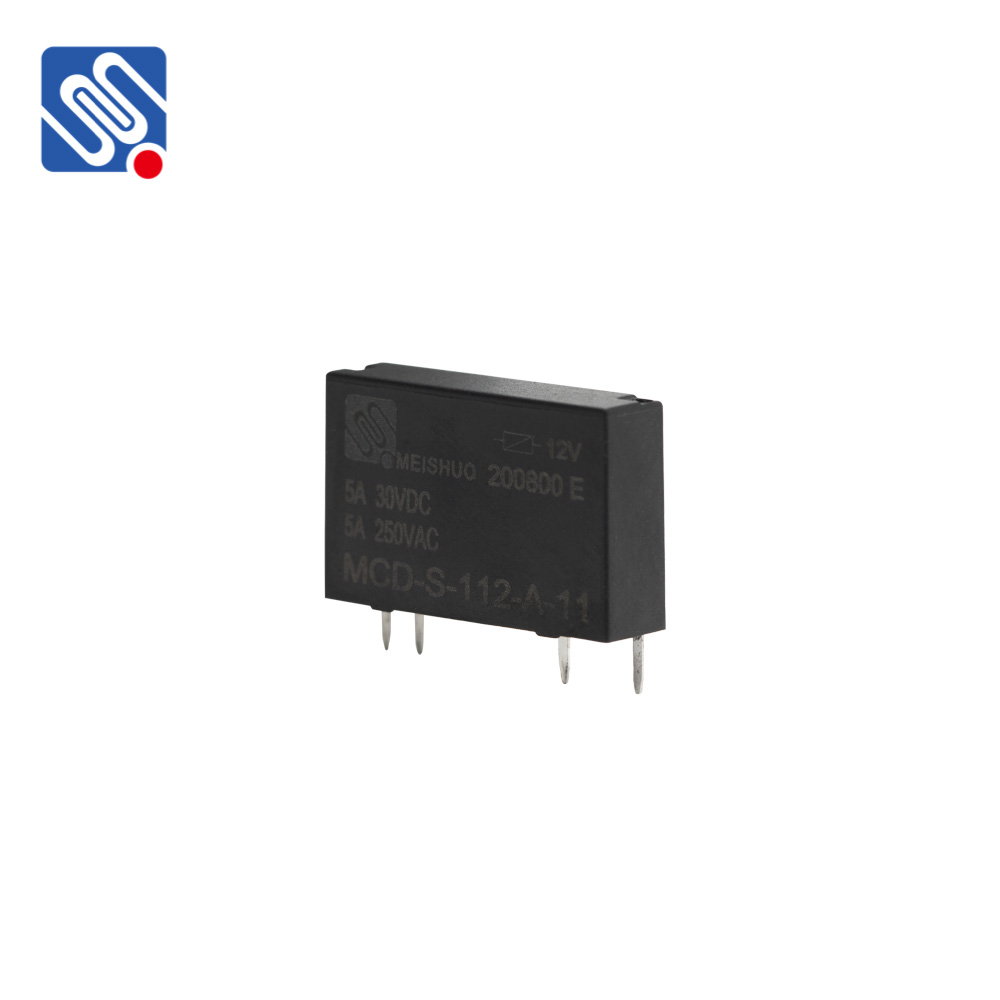relay safety standards and the role of meishuo in enhancing protection
Release time:2025-09-17 09:36:22
Relays are crucial components in electrical systems, providing protection, control, and automation. Ensuring their proper functioning and safety is essential to prevent damage, reduce risks, and ensure operational efficiency. Safety standards for relays play a pivotal role in the design, testing, and deployment of these devices, helping to maintain a safe environment in electrical installations. One company that has been at the forefront of relay safety technology is Meishuo, known for its commitment to producing high-quality and reliable relay products that adhere to international safety standards.

Understanding Relay Safety Standards Relay safety standards are guidelines and specifications designed to ensure that relays operate safely and effectively under different electrical conditions. These standards cover various aspects of relay performance, including electrical endurance, mechanical reliability, environmental factors, and the ability to handle abnormal conditions such as short circuits or overloads. Key standards for relays include those set by organizations such as the International Electrotechnical Commission (IEC), Underwriters Laboratories (UL), and the American National Standards Institute (ANSI). The IEC 61810 series, for instance, outlines the general requirements for electromechanical relays, including aspects like insulation strength, electrical ratings, and reliability. These standards are essential to ensure that relays can perform their duties without causing safety hazards in electrical circuits.

